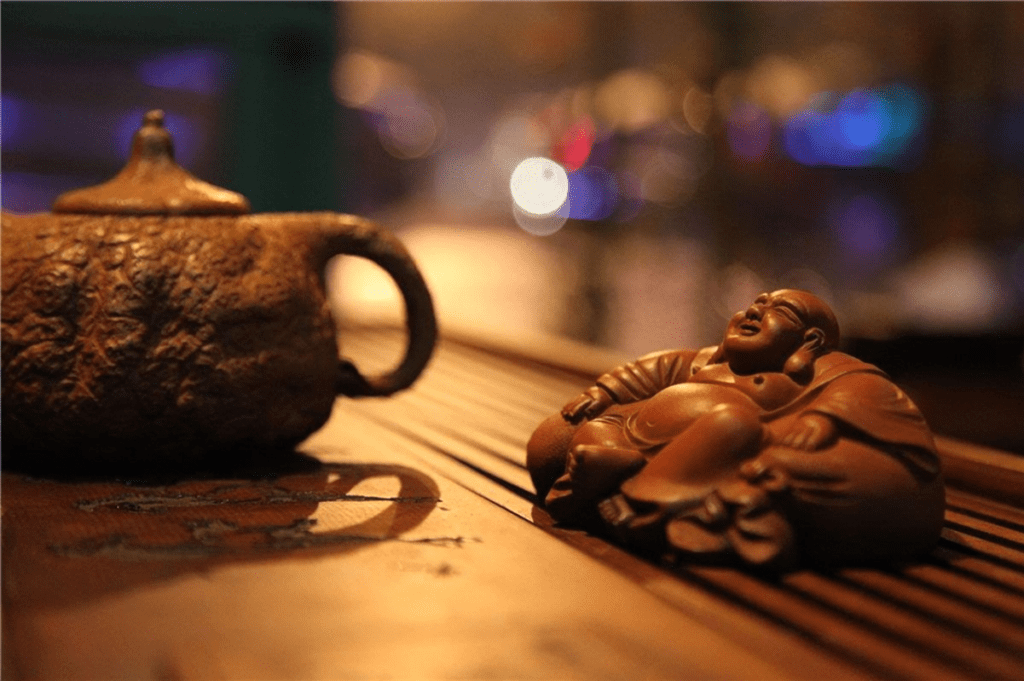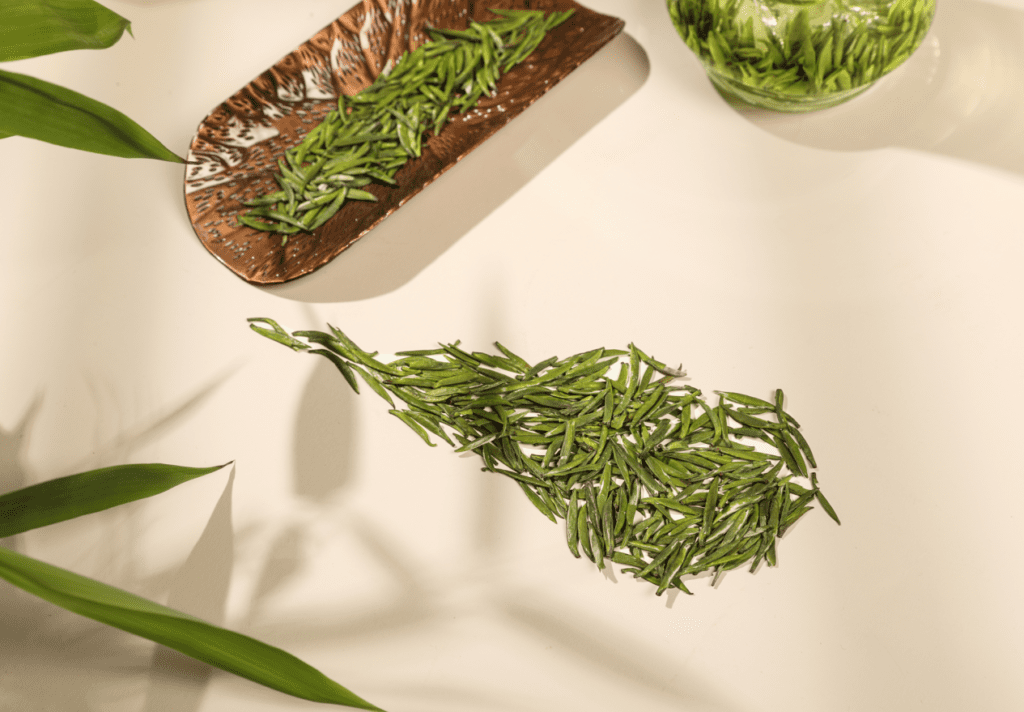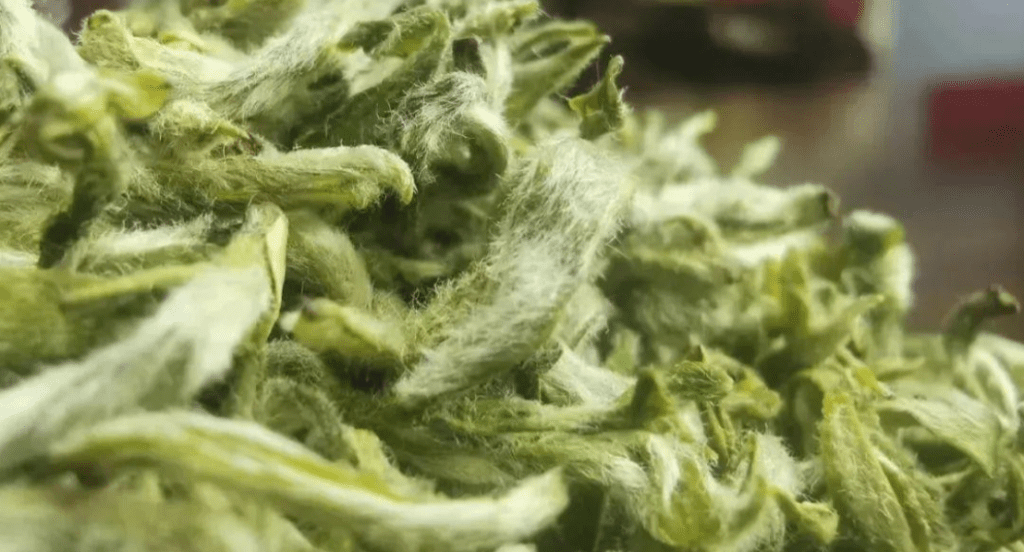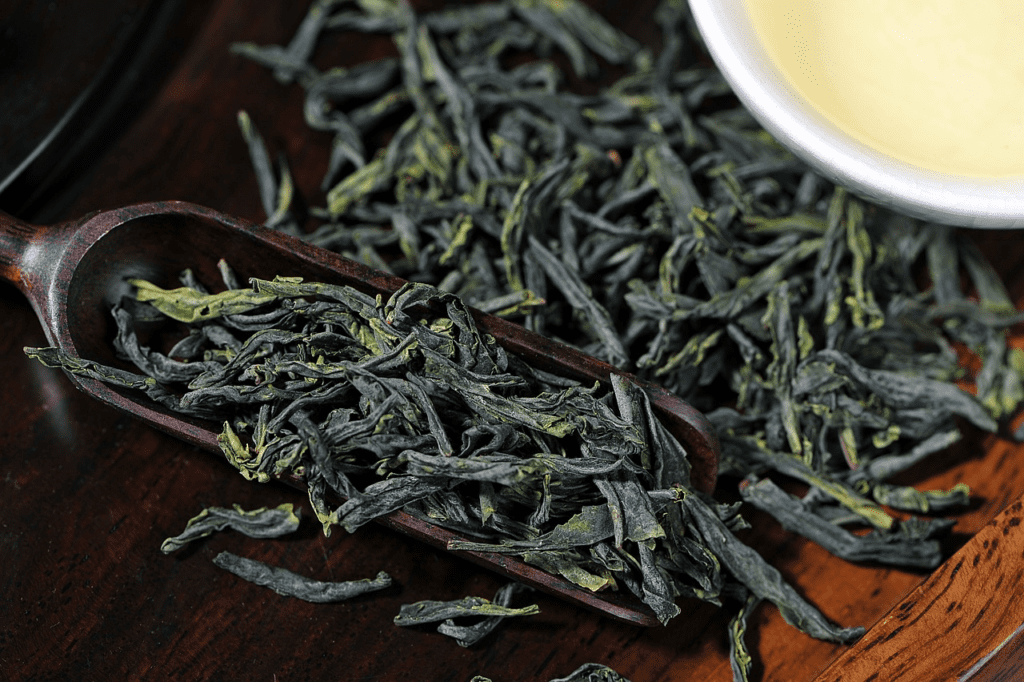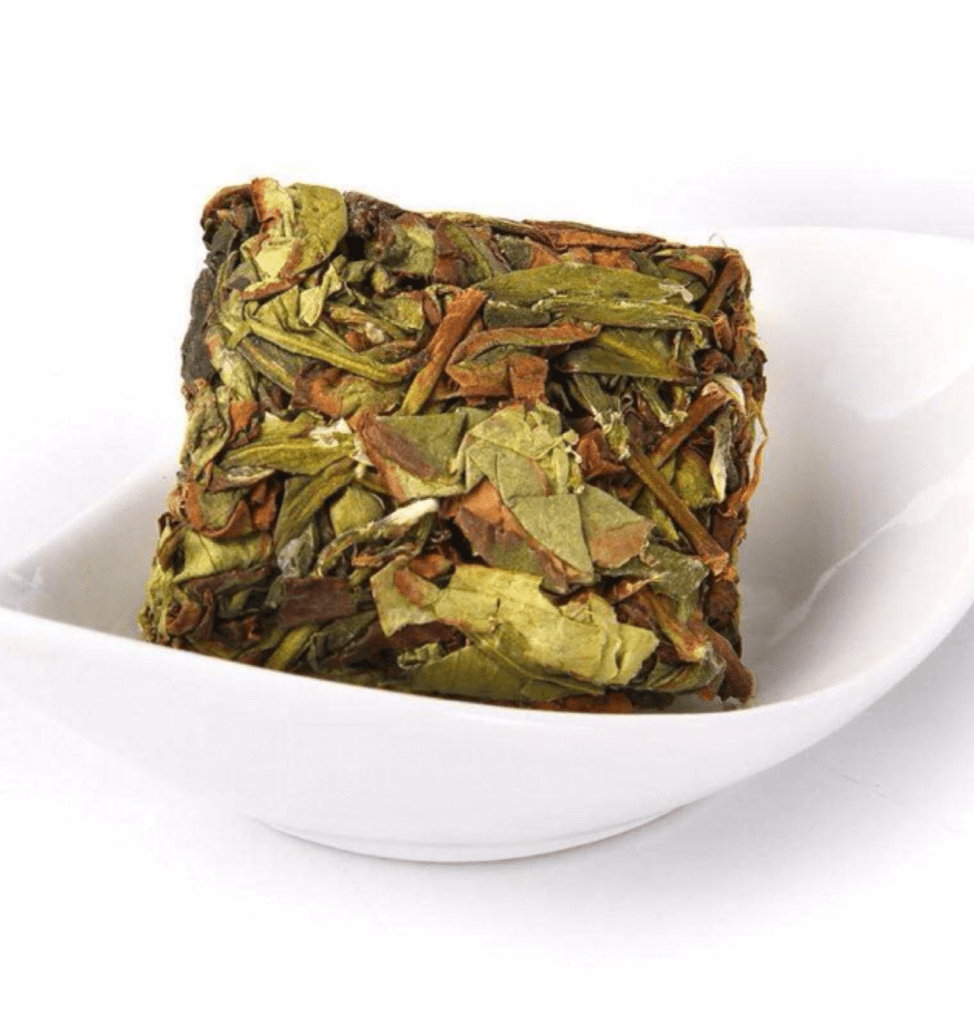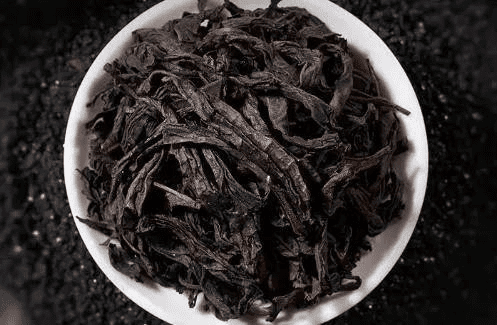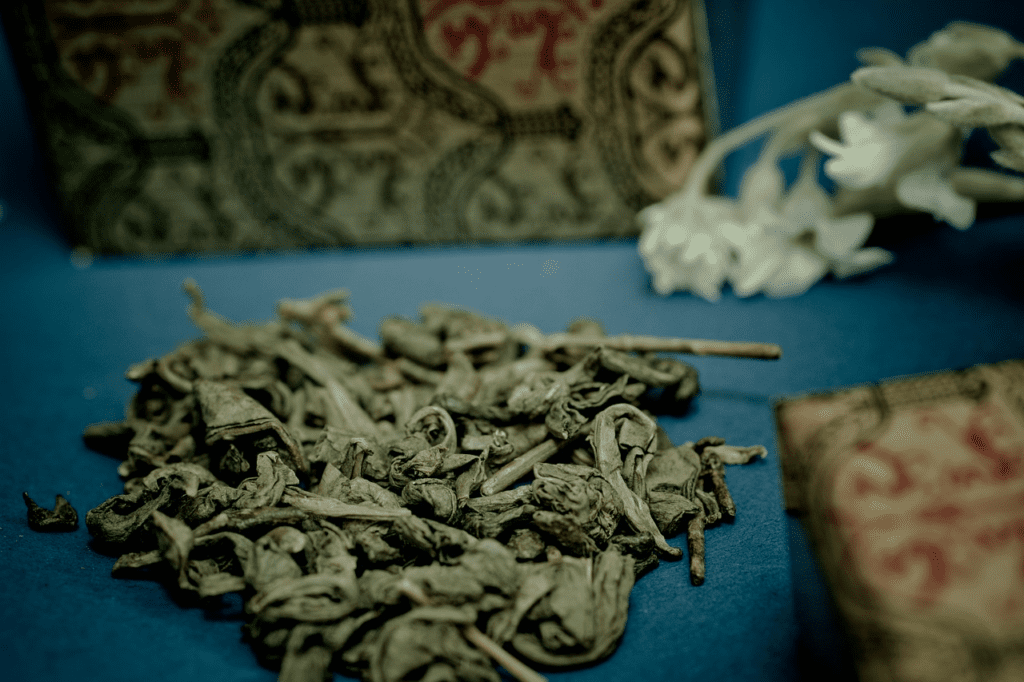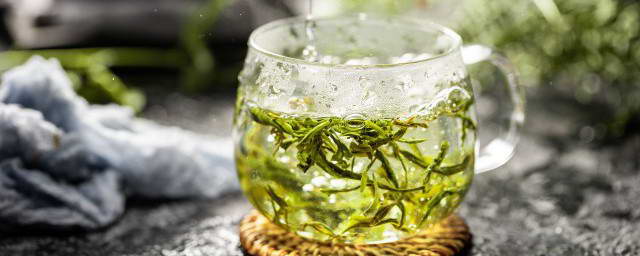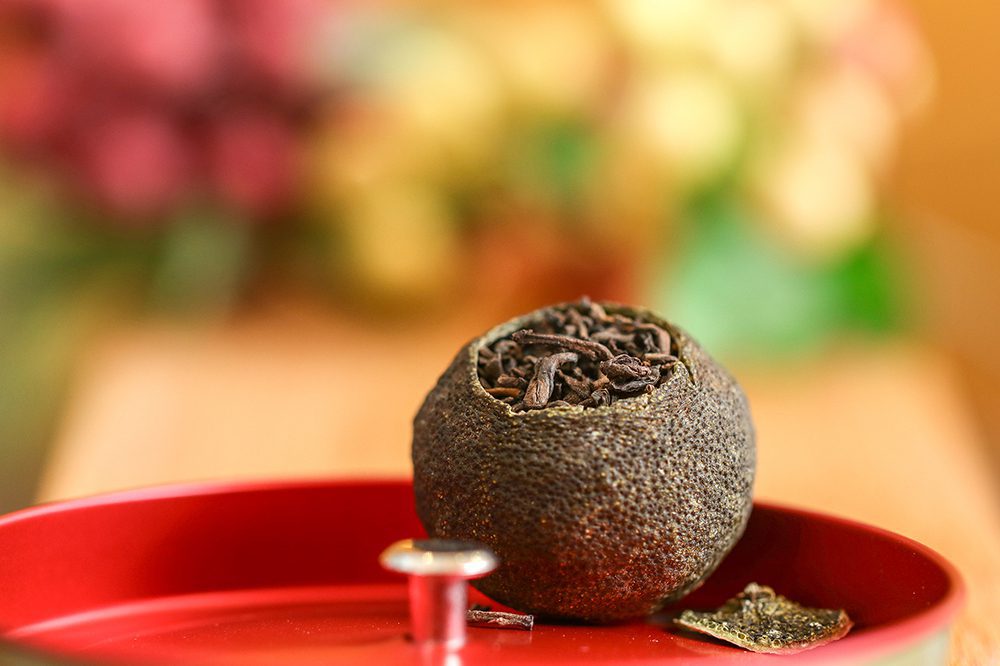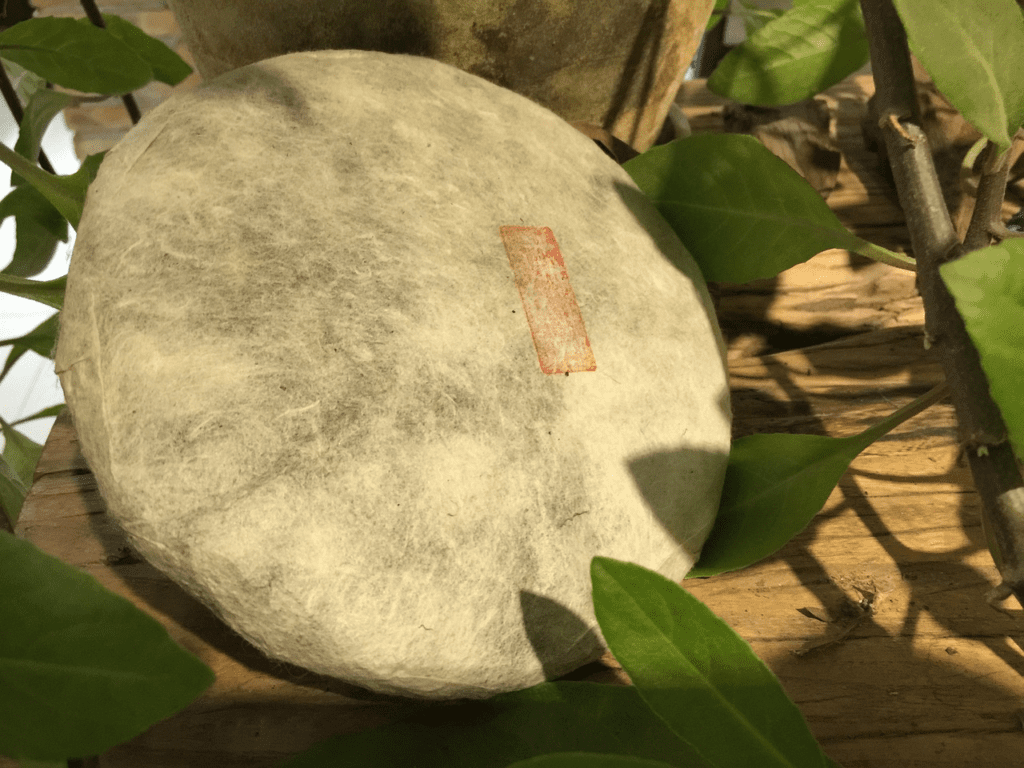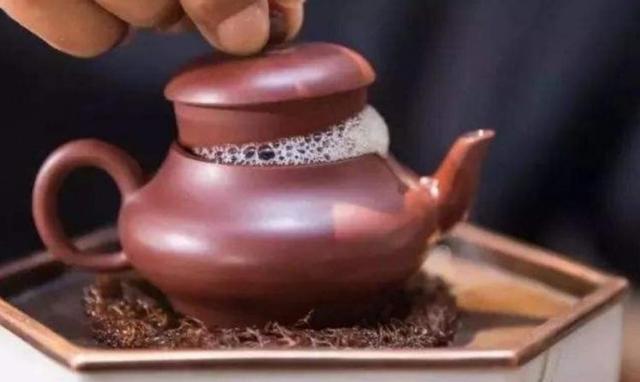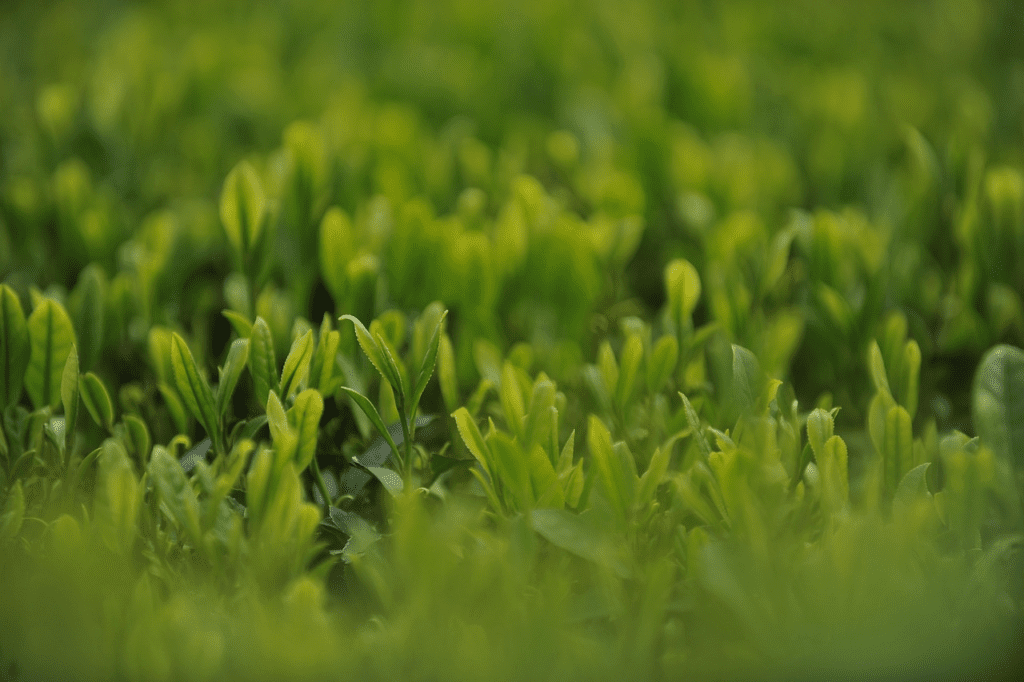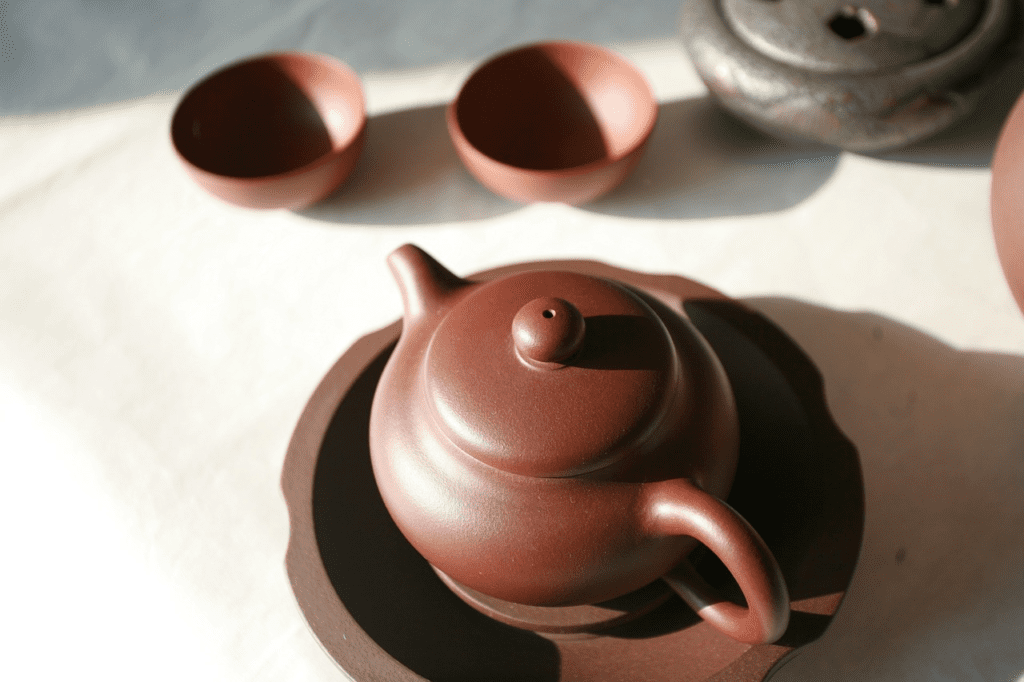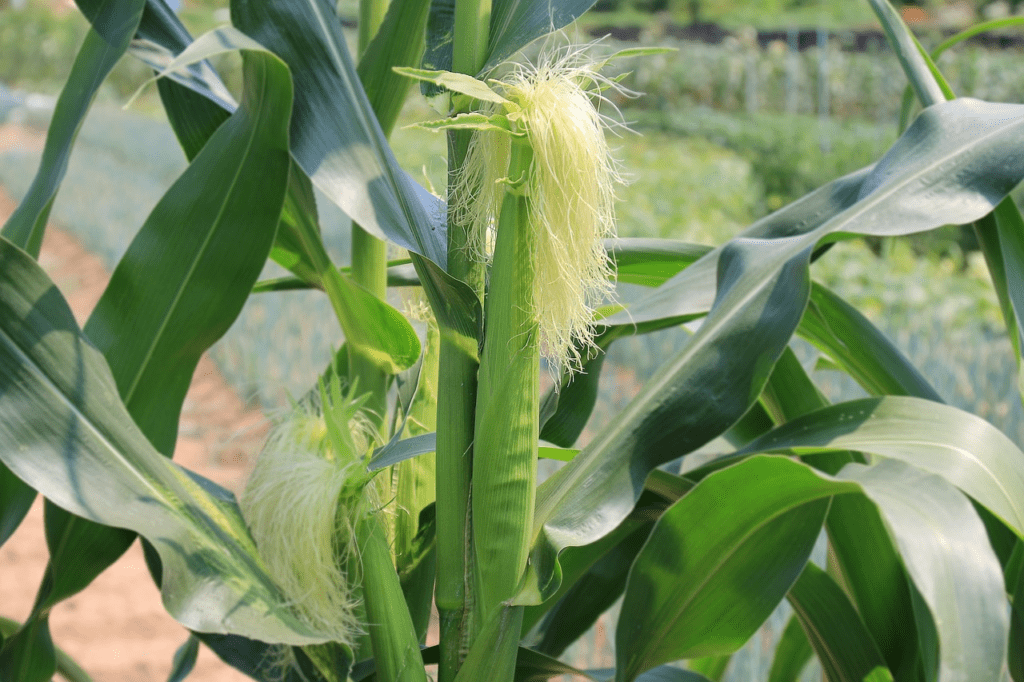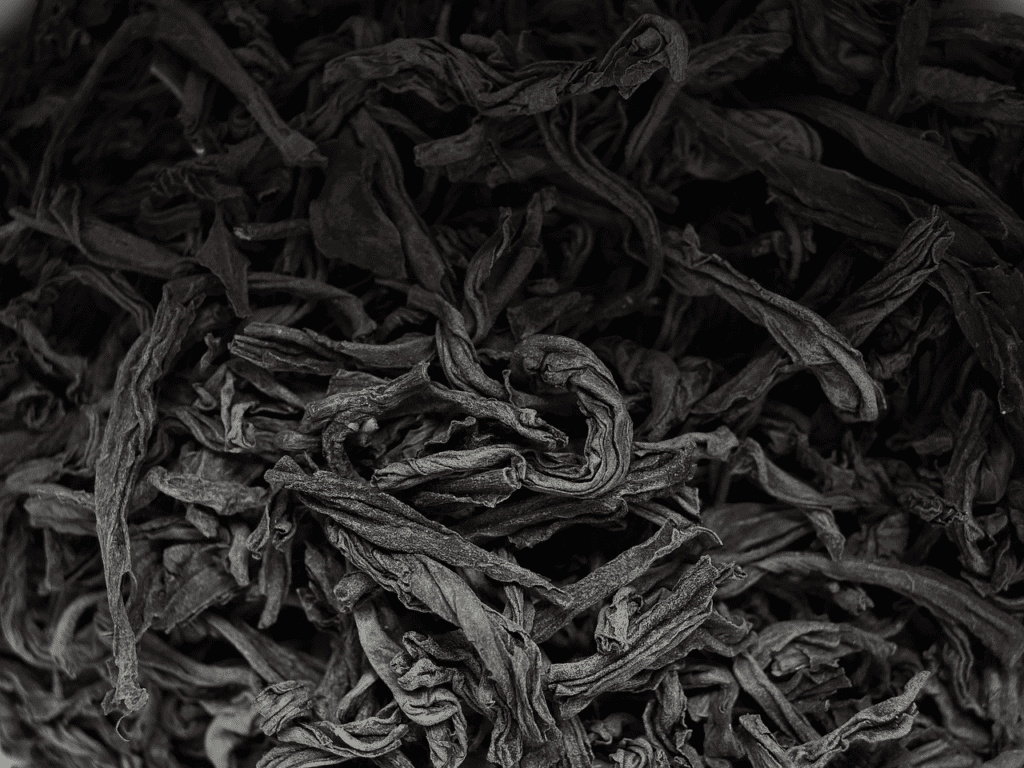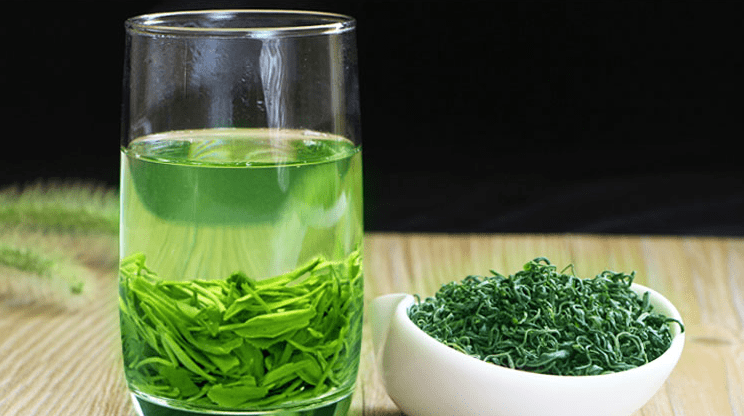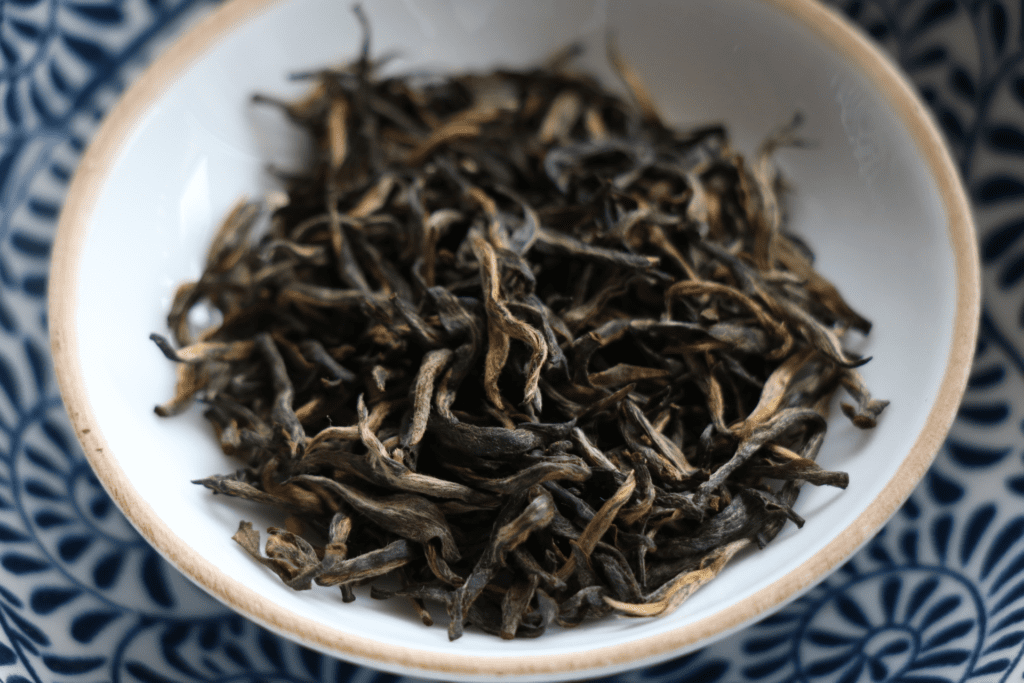Jasmine tea, known as the "beauty of tea", is famous for its unique aroma and rich health benefits. However, for many tea lovers, jasmine tea belongs to which type of tea, but often confusing. Today, we will unravel the mystery of jasmine tea and discuss in detail its types, production process and health benefits.
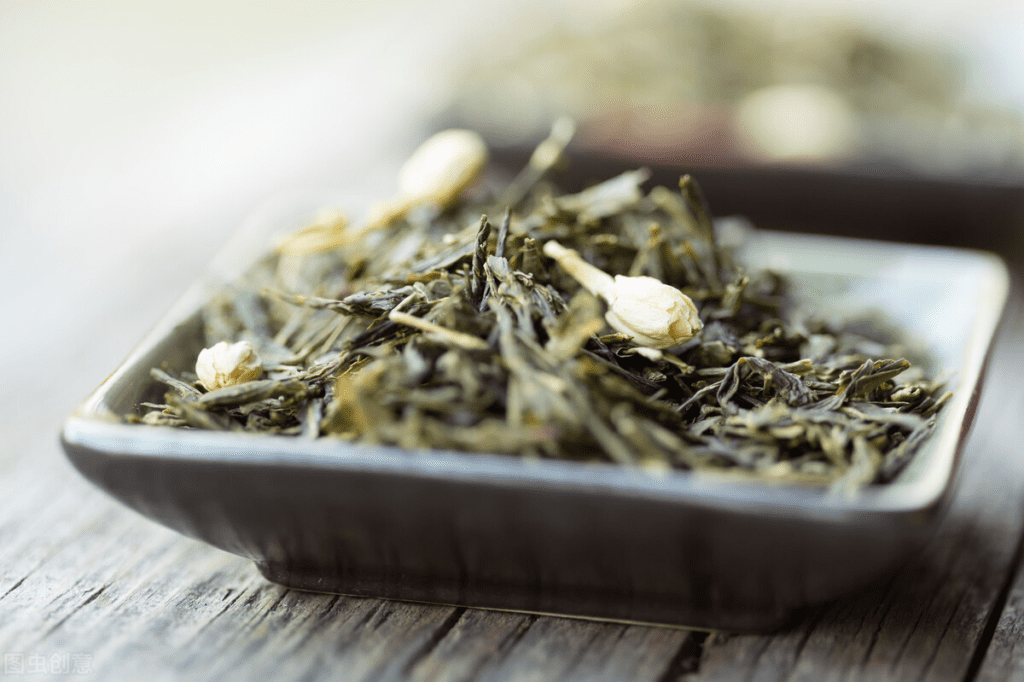
What kind of tea is jasmine tea?
Jasmine tea is actually a "reprocessed tea", which does not belong to one of the six traditional tea categories (white tea, green tea, yellow tea, green tea, black tea and black tea). The so-called reprocessed tea refers to the original base tea leaves, after further processing and become the type of tea. Jasmine tea is to incorporate the aroma of jasmine flowers into the tea, so that the tea leaves retain the original tea flavor, but also add the fragrance of jasmine flowers.
Basic Tea Selection
The base tea for making jasmine tea is usually green tea, but other teas such as black tea and oolong tea are also used as the base tea. This means that jasmine tea is not a single green tea, but an aromatic flower tea. The choice of base tea leaves directly affects the taste and quality of jasmine tea, so high quality jasmine tea will often choose top quality green tea, black tea or oolong tea as ingredients.
Jasmine tea production process
The process of making jasmine tea is very delicate and is divided into the following steps:
1. Jasmine picking
Jasmine flowers usually bloom at night, so picking is often done at night to ensure that the flowers are at their most fragrant.
2. Tea curing
After picking, the jasmine flowers need to be quickly "cured" with the tea leaves. This process involves layering fresh jasmine flowers with tea leaves so that the tea leaves can fully absorb the aroma of the jasmine flowers. The number of curing directly determines the concentration of the aroma of jasmine tea, generally high-grade jasmine tea needs to be cured five to seven times.
3. Screening and drying
At the end of the curing process, the jasmine flowers need to be separated from the tea leaves and the tea leaves need to be dried to ensure the dryness of the tea leaves and the durability of the aroma.
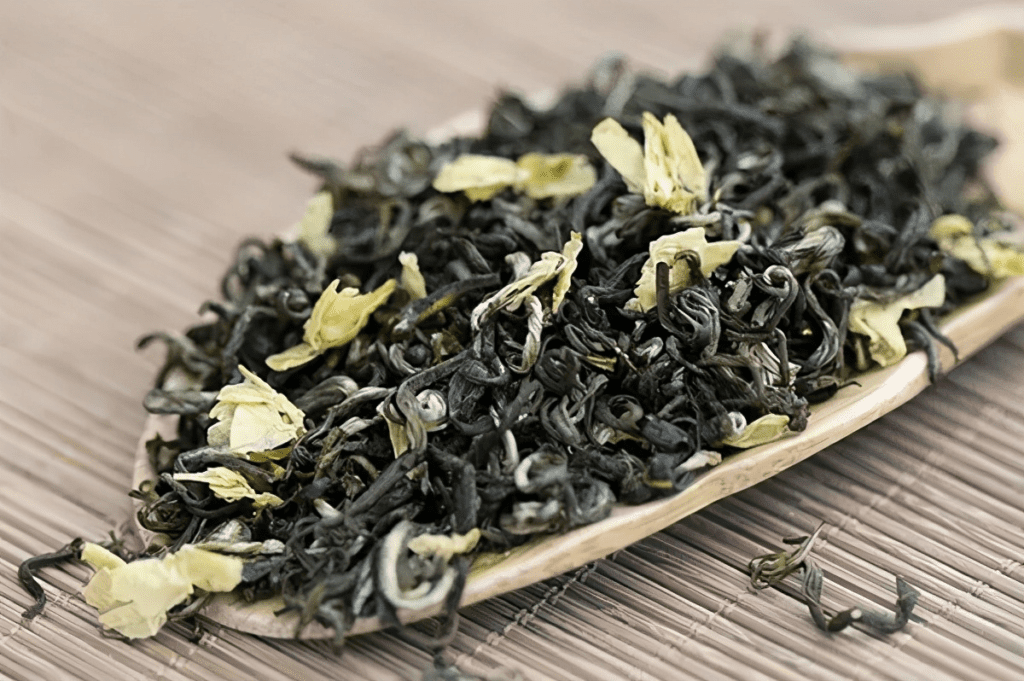
Jasmine Tea
Jasmine tea not only has an amazing aroma, but its wealth of health benefits are hard to resist.
1. Antioxidant
Jasmine tea is rich in polyphenols, which have potent antioxidant properties that help slow down aging and keep skin healthy.
2. Refreshing and refreshing
Jasmine tea contains a moderate amount of caffeine, which can help refresh the mind and improve concentration and productivity. However, the caffeine content is moderate and does not give you an over-excitement like coffee.
3. Promoting digestion
Jasmine tea helps to promote digestion and is especially suitable for drinking after meals to help relieve stomach upset and promote gastrointestinal motility.
4. Stress relief
The aroma of jasmine has a natural relaxing effect that can help relieve stress and anxiety and lift your mood.
5. Enhancing immunity
The tea polyphenols and vitamins in jasmine tea help boost the body's immune system and increase resistance to disease.
How to Brew Jasmine Tea
To brew a perfect cup of jasmine tea, the method is also important. Here is a simple step-by-step process for brewing:
makings
- 1-2 teaspoons jasmine tea leaves
- Hot water (80-85 degrees Celsius) about 250 ml
move
- Preheat the teapot: Pour hot water into the teapot, wait a few moments and then pour it out to preheat the teapot.
- Add tea leaves: add jasmine tea leaves to a preheated teapot.
- Infusion of hot water: Slowly infuse hot water at 80-85 degrees Celsius, avoiding the use of boiling water to avoid destroying the aroma and nutrients of the tea leaves.
- Soaking time: cover and soak for 3-5 minutes, the exact time can be adjusted according to personal taste.
- Enjoy: Pour the tea into a teacup and savor the unique aroma and mellow taste of jasmine tea.
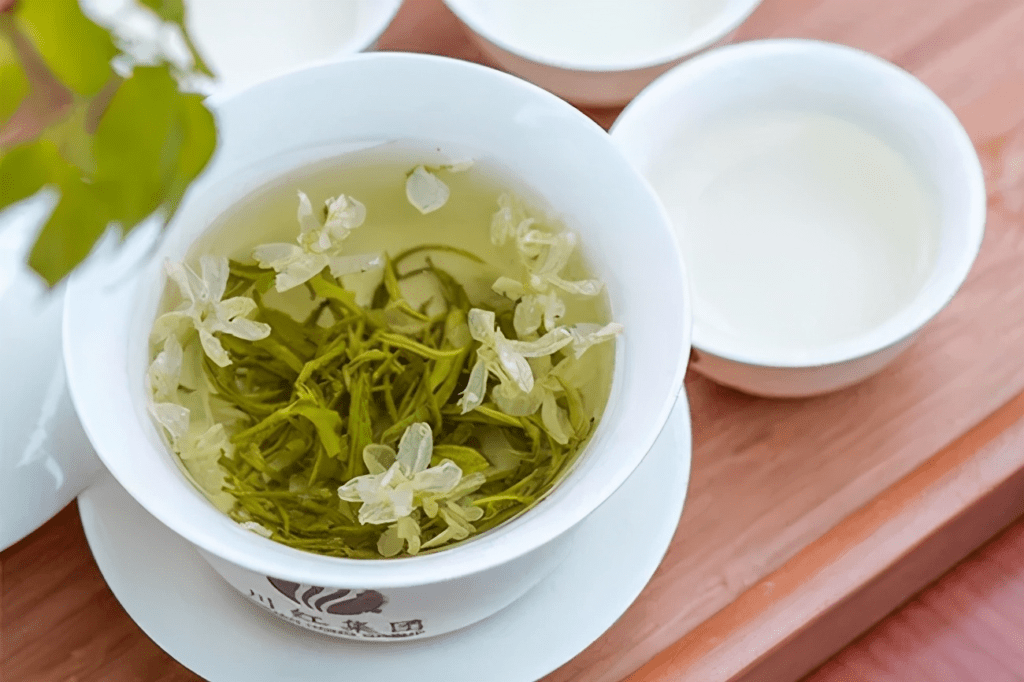
Suitable for people and drinking time
suitable for people
Jasmine tea is suitable for almost everyone, but the following people should be cautious:
- Pregnant women: avoid excessive caffeine intake.
- People with anemia: the catechins in tea may interfere with iron absorption.
drinking time
It is best consumed in the morning or one hour after meals to effectively promote metabolism and digestion. As jasmine tea contains caffeine, it is recommended to avoid drinking it at night to avoid affecting the quality of sleep.
summarize
Jasmine tea is more than just a tea, it is a symbol of culture and lifestyle. Its unique production process, rich health benefits and captivating aroma have made jasmine tea a favorite among tea lovers around the world. Whether for daily consumption or as a gift, jasmine tea is a charming choice.
